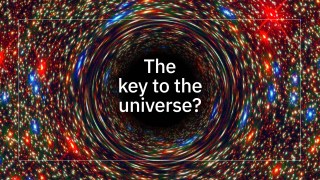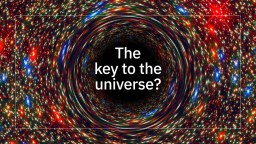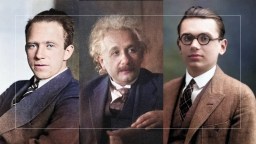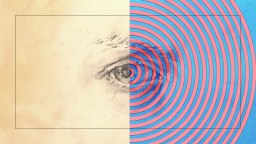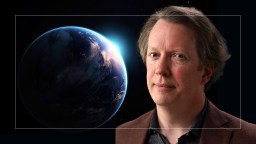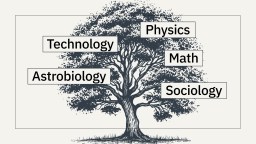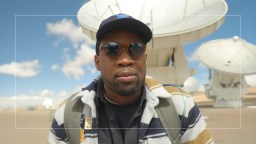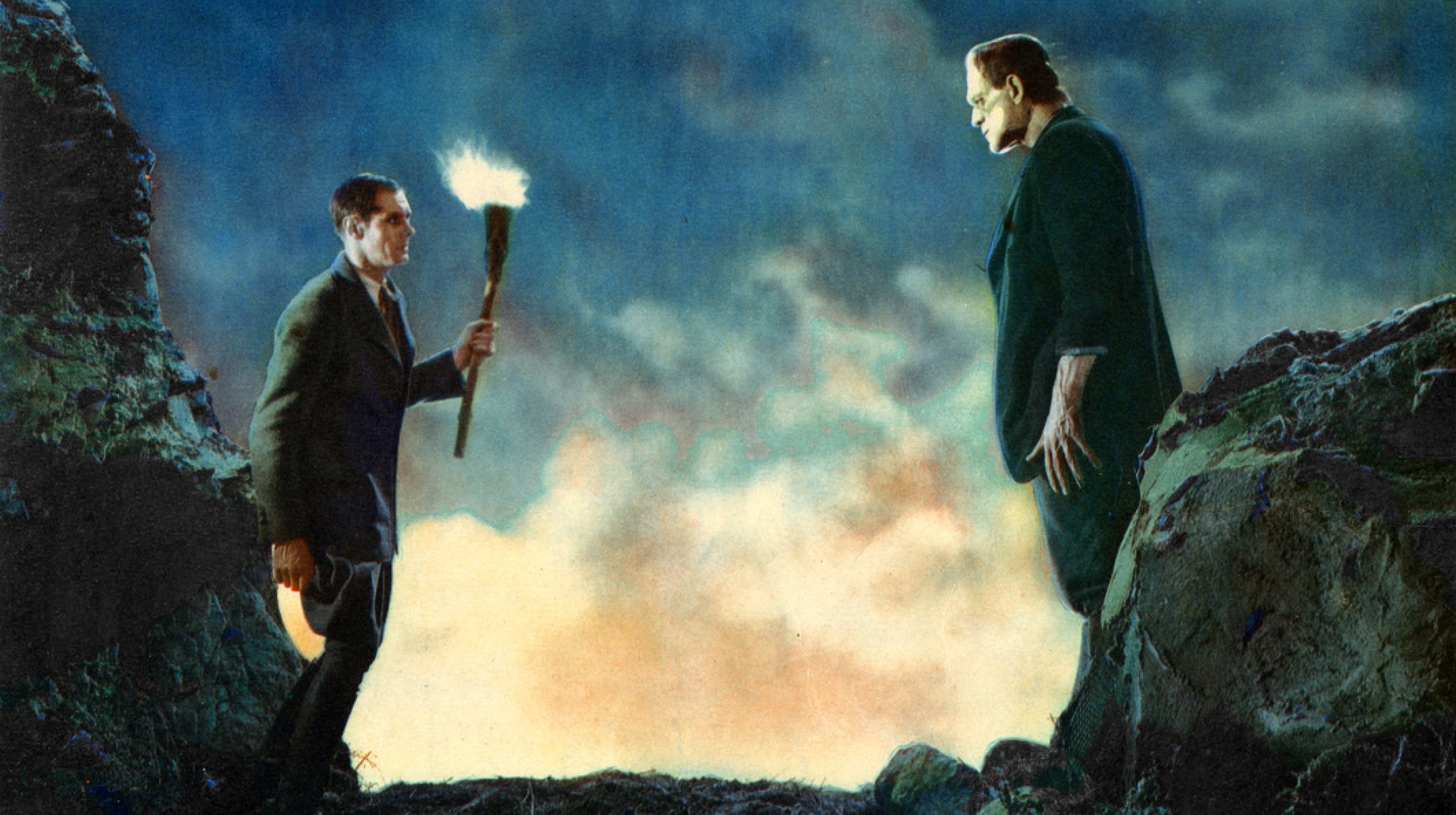
Do we inhabit a multiverse? Do we have free will? What is love? Is evolution directional? There are no simple answers to life’s biggest questions, and that’s why they’re the questions occupying the world’s brightest minds. Together, let's learn from them. Welcome to The Well, a publication by the John Templeton Foundation and Big Think.
“It turns out that it’s all too easy for us to fall into a sort of rut in our thinking...
and it can feel so comfortable, so good. We can feel so certain that it’s right, that we can’t even realize that we’re stuck in a rut. Part of this is called [speaking German], this kind of effect, and that is this – you see one approach to do things, and you are convinced it’s right. And even if it isn’t the best approach, you just can’t see other approaches because you’ve already locked in that first approach. And to some extent, we do that in everything we do in life…”

“Common wisdom says we have a self and that self is the source of our free will, but...
the subject of the self is riddled with paradoxes. Because the mind has been categorized as something “nonphysical,” its definition alone places the self outside of physical cause-and-effect, and beyond the scope of science. However, as with many philosophical quandaries that involve the proposal of a thesis and the emergence of a counter-thesis (or antithesis, in the words of Hegel), a synthesis often emerges, reconciling seemingly disparate views into a more coherent and sensible perspective.”





